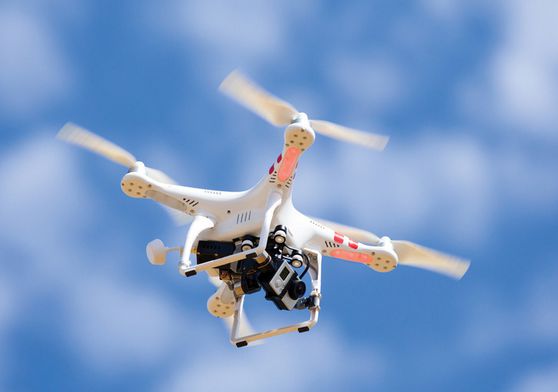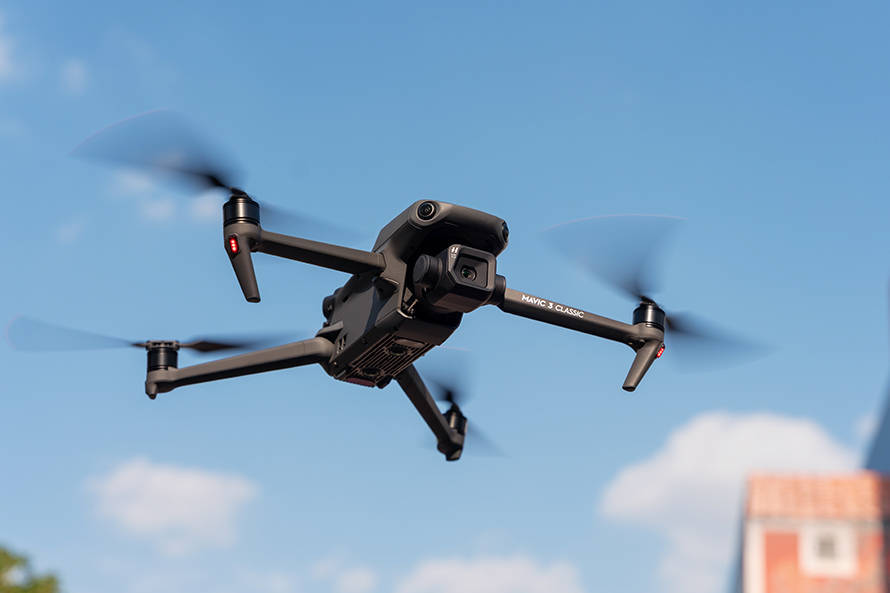Drone strikes have become an increasingly prominent component of modern military strategy, raising both critical discourse and ethical debates.
What Are Drone Strikes?
Drone strikes involve the use of unmanned aerial vehicles (UAVs) to target specific locations or individuals identified as threats. Utilized primarily by the military, these strikes are favored for their precision and ability to minimize risks to personnel.
Though hailed for their strategic efficacy, drone strikes have faced mounting scrutiny due to their broader implications. Experts question not only the moral legitimacy of killing from a remote distance, but also the potential harm inflicted on civilian populations in targeted areas.
Historical Context
Drone technology has evolved dramatically, tracing its roots to earlier aircraft systems designed for reconnaissance. Early military applications laid the groundwork for the modern operational use we see today.
The first documented drone strike occurred in the early 2000s, marking a significant shift in warfare tactics. These operations have grown more sophisticated, with the ability to target specific individuals based on intelligence data, heightening their strategic importance.
Impact on Warfare
Drone strikes have reshaped how military forces approach conflict. By eliminating the need for deploying soldiers in dangerous environments, UAVs offer enhanced safety and efficiency. Additionally, strikes can be carried out swiftly and covertly, allowing forces to act on precise intelligence.
Despite their strategic advantages, these strikes have ignited controversy over unintended consequences. Critics argue that they can result in civilian casualties and devastate local communities, contributing to prolonged instability in volatile regions.
Public Perception and Ethical Debates
Public opinion on drone strikes varies greatly depending on cultural, political, and ethical perspectives. While some view them as vital for national security, others see them as unilateral military actions lacking transparency and accountability.
Several ethical questions arise: Does the technology reduce the human cost of war, or does it sanitize violence and make conflict too accessible? Are drone operators sufficiently attuned to the complexities of warfare despite being physically removed from the battleground?
Privacy and Surveillance Concerns

The growing use of drones extends beyond military applications. Privacy and surveillance concerns come to the forefront as drones gain popularity in commercial and civilian domains. Regulatory challenges and privacy debates stir public anxiety regarding to what extent drones should be integrated into daily life.
Common Questions about Drone Strikes
What makes drone strikes controversial?
- The controversy largely stems from their capacity to cause civilian casualties and the ethical concerns of remote warfare.
Are drone strikes effective?
- While drone strikes can be precise and strategically effective, their implementation continues to spark debates over moral implications and overall impact.
How are drone operators trained?
- Drone operators undergo extensive training in both technical and ethical aspects to ensure they can effectively carry out missions while minimizing harm.

Drone strikes remain a divisive topic, affecting geopolitical landscapes and prompting continued deliberation over their future use and regulation.
